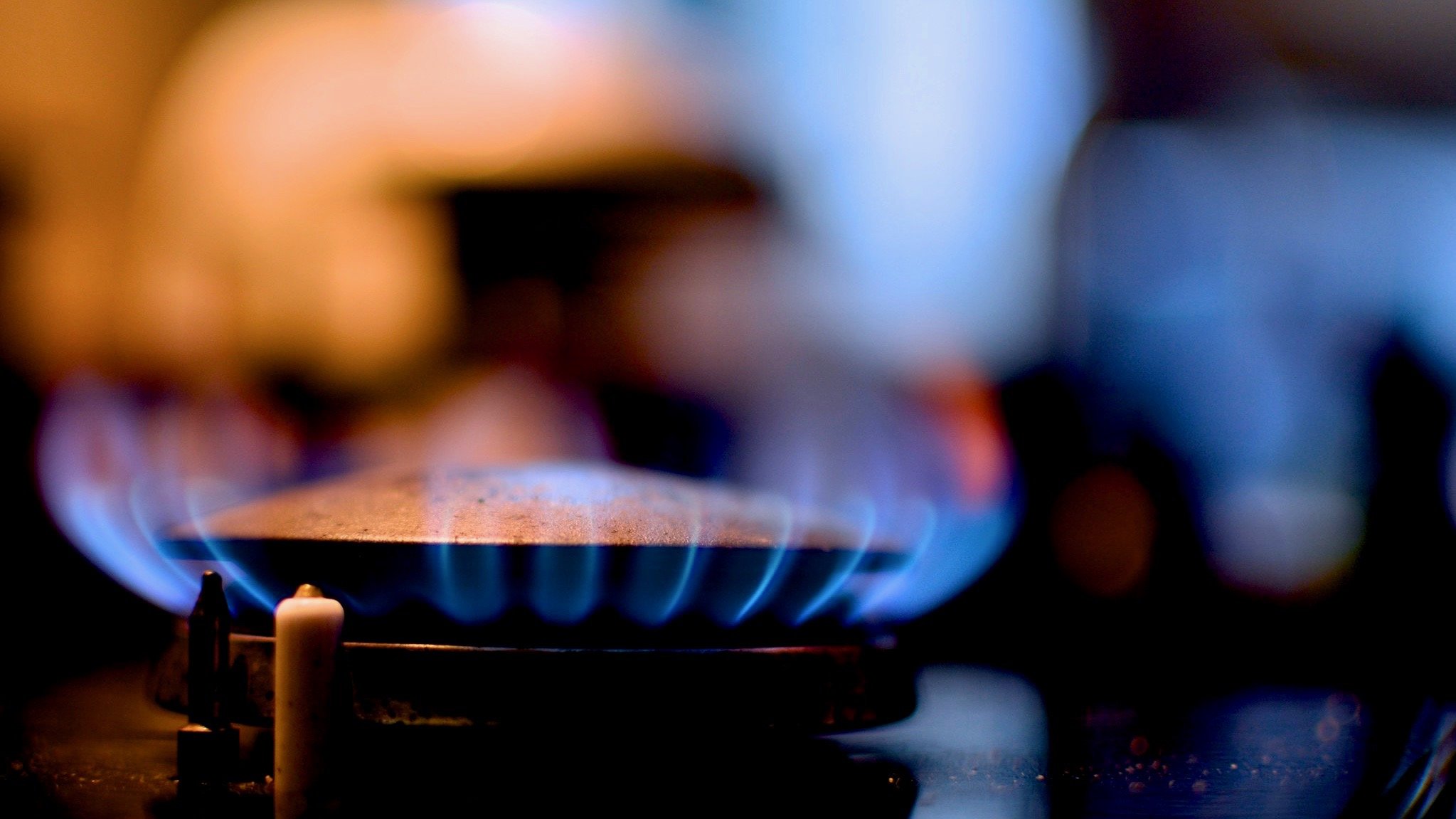

Cities around the country are considering following the lead of Berkeley, California, which became the first city to ban the installation of natural gas lines in new homes this summer.
That means that stoves, heating systems and clothes dryers need another source of energy, which will ideally come from renewable sources as the technology and efficiency continues to improve. Now San Francisco is following suit along with 12 other California cities and Marin County in California, including San Jose, Santa Monica, San Luis Obispo, Palo Alto, and Mountainview, according to Sierra Club.
The idea is not to create new hookups that will be grandfathered into an older infrastructure as the country moves toward carbon-neutral energy sources, according to USA Today.
“We need to tackle climate change every way that we can and by doing this, we’re not asking people to change that much,” said Berkeley City Council member Kate Harrison who led the initiative, according to KQED.
“It’s going to give us a better life,” added Harrison. “We’re going to have a cleaner environment. We’re going to have less health problems. We’re going to have less danger in our homes.”
Major American cities, including Houston, Los Angeles, New Orleans and Albuquerque are considering similar ordinances to discourage the use of natural gas. Cities in Massachusetts, Oregon and Washington are also considering an all-electric requirement, according to Sierra Club, as The Weather Channel reported.
Natural gas contributes greenhouse gasses to the atmosphere and it accounts for one-third of the nation’s CO2 emissions from electricity generation, according to the U.S. Energy Information Administration, as USA Today reported.
“There’s no pathway to stabilizing the climate without phasing gas out of our homes and buildings. This is a must-do for the climate and a livable planet,” said Rachel Golden of the Sierra Club’s building electrification campaign, as USA Today reported.
In Brookline, MA, a suburb of Boston, the town is considering banning new gas pipelines and infrastructure. The proposal, which could cut the town’s greenhouse gas emissions 15 percent over the next 30 years, will be voted on next week, according to The Weather Channel.
“The most practical and cost effective way to achieve that goal is not to install new fossil fuel systems when we’re building new buildings and when we are gut-renovating them,” said Jesse Gray, a town board member in Brookline, as WBUR reported.
One of the benefits of banning gas on new constructions is it reduces any inconvenience for town constituents and simply changes the power supply of future homes.
“This is really only affecting fossil fuel infrastructure installation when it’s very convenient and practical to chose alternative options that are better for the climate,” said Gray to WBUR.
“Every house, every high-rise that’s built with gas, may be in place for decades. We’re establishing infrastructure that may be in place for 50 years,” said Robert Jackson, a professor of energy and the environment at Stanford University in Palo Alto, California to USA Today.
- New York Regulators Block Controversial Natural Gas Pipeline ...
- Fatal Natural Gas Explosion Rocks Durham, NC - EcoWatch

 233k
233k  41k
41k  Subscribe
Subscribe 